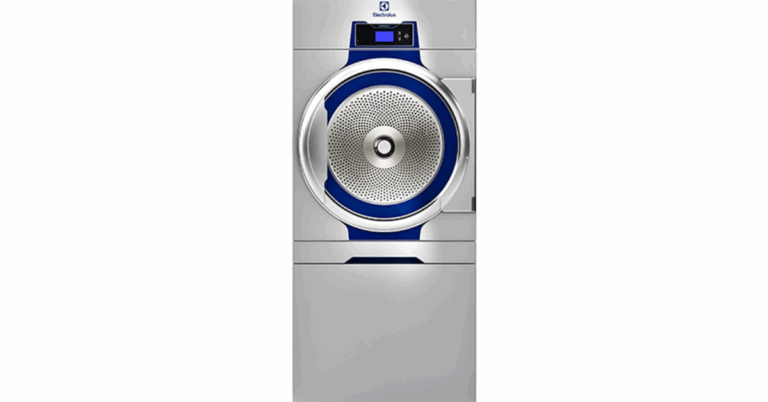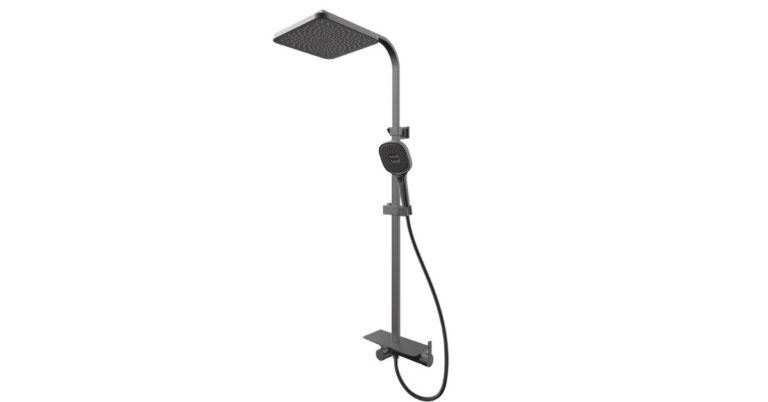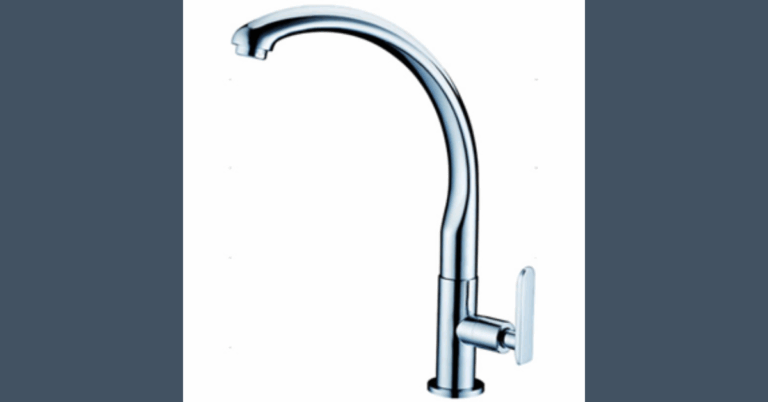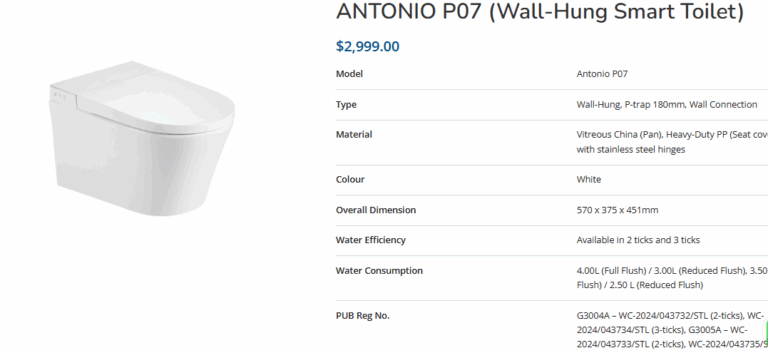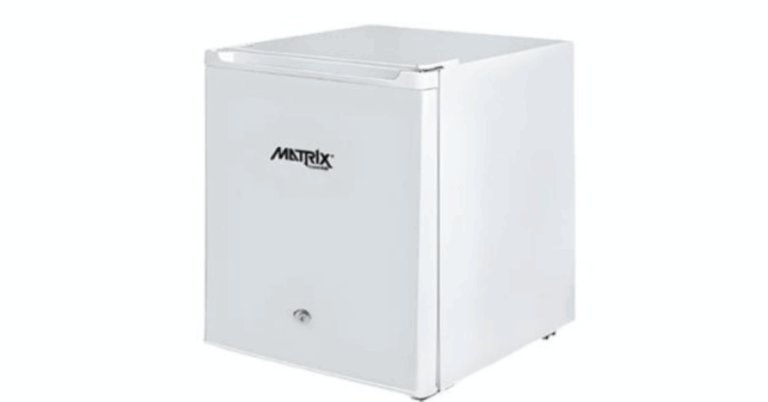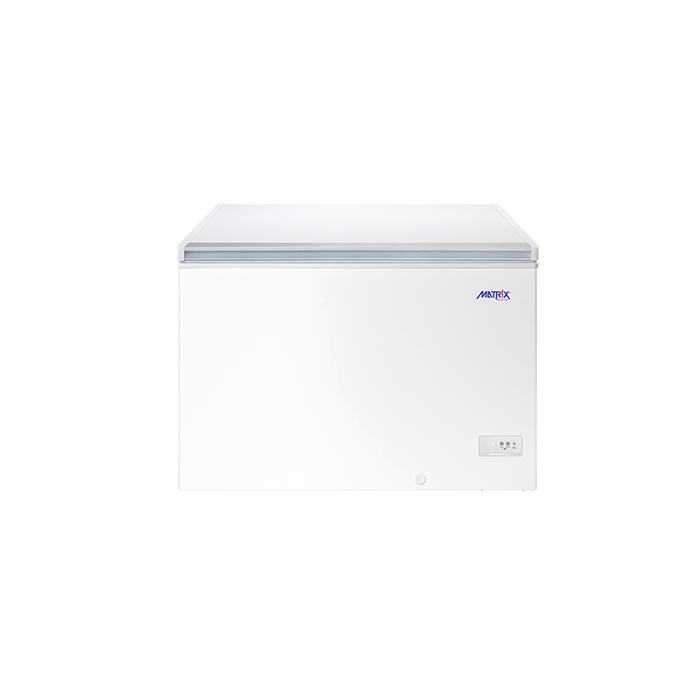Cruise Ship Fridge 150L 110V: Compact Refrigeration Solutions for Marine Environments
A Cruise Ship Fridge 150L 110V is an essential appliance for maintaining the freshness and safety of perishable items onboard. Operating efficiently on a 110V power supply, these compact refrigerators are designed to withstand the unique challenges of marine environments, ensuring reliable performance and energy efficiency.
Importance of Compact Refrigeration on Cruise Ships
Cruise ships serve as floating cities, accommodating thousands of passengers and crew members. The preservation of food and beverages is paramount to ensure guest satisfaction and comply with health regulations. Compact refrigerators, such as the 150L 110V models, play a crucial role in this aspect by providing reliable and consistent cooling solutions.
These refrigerators are strategically placed in various areas of the ship, including galleys, crew quarters, medical facilities, and passenger lounges, to store perishable items. Their compact size allows for flexible installation in space-constrained areas, optimizing the use of available space without compromising on storage capacity.
Key Features of the 150L 110V Marine Refrigerator
-
Optimal Storage Capacity: With a 150-liter capacity, these refrigerators offer ample space to store a variety of perishable items, including fruits, vegetables, dairy products, and beverages, catering to the needs of both passengers and crew.
-
110V Power Compatibility: Designed to operate efficiently on a 110V power supply, these refrigerators are compatible with the electrical systems commonly found on cruise ships, ensuring seamless integration and reliable performance.
-
Marine-Grade Construction: Built to withstand the harsh marine environment, these refrigerators feature corrosion-resistant materials and robust construction, ensuring longevity and durability even in challenging conditions.
-
Energy Efficiency: Equipped with advanced cooling technology, these refrigerators consume minimal energy while maintaining optimal temperatures, contributing to overall energy savings and reducing the ship’s environmental footprint.
-
User-Friendly Design: Featuring intuitive controls and adjustable shelving, these refrigerators are easy to operate and maintain, enhancing the efficiency of onboard operations.
Applications of the 150L 110V Marine Refrigerator
The versatility of the 150L 110V marine refrigerator makes it suitable for various applications across the cruise ship:
-
Galleys and Kitchens: Store perishable ingredients, prepared meals, and beverages, ensuring they remain fresh until served.
-
Crew Quarters: Provide refrigeration for crew meals and personal items, enhancing their comfort during voyages.
-
Medical Facilities: Safely store temperature-sensitive medical supplies and medications, ensuring their efficacy and safety.
-
Passenger Lounges and Bars: Keep drinks and snacks at optimal temperatures for guest enjoyment.
-
Passenger Cabins: Offer guests the convenience of in-room refrigeration for personal items and refreshments.
Benefits of the 150L 110V Marine Refrigerator
-
Reliability: Designed to operate continuously in demanding marine conditions, ensuring uninterrupted service and food safety.
-
Space Optimization: The compact design allows for installation in various areas of the ship, maximizing the use of available space.
-
Cost-Effectiveness: Energy-efficient operation reduces operational costs over time, contributing to overall cost savings.
-
Compliance: Meets international maritime standards for safety and environmental impact, ensuring compliance with regulations.
-
Enhanced Guest Experience: Provides passengers with convenient access to chilled beverages and snacks, enhancing their overall cruise experience.
Installation Considerations
Proper installation is crucial to ensure the optimal performance and longevity of the 150L 110V marine refrigerator:
-
Electrical Compatibility: Verify that the refrigerator’s voltage and frequency match the ship’s power supply to prevent electrical issues.
-
Ventilation: Ensure adequate airflow around the refrigerator to prevent overheating and maintain efficiency.
-
Mounting: Secure the refrigerator to minimize movement and vibration, which can affect performance.
-
Accessibility: Position the refrigerator for easy access during maintenance and servicing.
-
Proximity to Heat Sources: Avoid placing the refrigerator near heat-emitting equipment to prevent temperature fluctuations.
Maintenance Best Practices
Regular maintenance is essential to keep the 150L 110V marine refrigerator operating efficiently:
-
Cleaning: Regularly clean condenser coils and evaporator fans to remove dust and debris, ensuring optimal airflow.
-
Inspection: Check for signs of wear or corrosion, particularly in areas exposed to moisture, and address issues promptly.
-
Temperature Monitoring: Regularly monitor internal temperatures to ensure they remain within the desired range, preventing spoilage.
-
Defrosting: Periodically defrost the refrigerator to prevent ice buildup, which can impede airflow and reduce efficiency.
-
Professional Servicing: Schedule regular servicing by qualified technicians to address potential issues before they become major problems.
Challenges in Marine Refrigeration
Marine refrigeration systems face unique challenges due to the marine environment:
-
Corrosion: Exposure to saltwater and humidity can lead to corrosion of metal components, affecting performance and longevity.
-
Vibration: Constant movement of the ship can affect the performance of refrigeration units, requiring robust construction and secure installation.
-
Power Fluctuations: Variations in the ship’s power supply can impact the operation of refrigeration systems, necessitating voltage regulation and surge protection.
-
Space Constraints: Limited space onboard requires compact and efficient refrigeration solutions, making the 150L 110V refrigerator an ideal choice.
Future Trends in Marine Refrigeration
The marine refrigeration industry is evolving to meet the changing demands of the maritime sector:
-
Sustainability: Increasing focus on environmentally friendly refrigerants and energy-efficient designs to reduce the environmental impact of refrigeration systems.
-
Automation: Integration of smart technologies for remote monitoring and control, allowing for proactive maintenance and optimization.
-
Modular Systems: Development of modular refrigeration units that can be easily scaled to meet varying capacity needs, offering flexibility and adaptability.
-
Advanced Materials: Use of advanced materials to enhance durability and performance in harsh marine conditions, ensuring longevity and reliability.
Conclusion
The cruise ship fridge 150L 110V is a vital component in maintaining the quality and safety of perishable goods onboard. Its design caters to the unique challenges of the marine environment, ensuring reliable and efficient operation. By understanding its features, applications, and maintenance requirements, cruise operators can ensure optimal performance and contribute to the overall success of their maritime operations.


